General election 2019: Plaid Cymru wants 'green jobs revolution'
- Published
- comments
Plaid promises to "make our own Wales"
Plaid Cymru leader Adam Price has called for a £20bn "green jobs revolution" in Wales as he launched the party's general election manifesto.
The 10-year plan includes rail and bus travel schemes, three tidal lagoons, a barrage and a new offshore wind farm.
Mr Price said tens of thousands of "green collar" jobs can be created and the "urgent climate emergency" tackled.
He said his party would also fight to remain in the EU in a "final referendum" on the UK's membership.
"We must defeat the negative, hope-crushing wrecking ball that is Brexit," he said.
"And if you want the people to have their final say then we must encourage as many of them to say loudly and clearly in the days ahead this Brexit is not for us, it never was and never will be."
Mr Price said the party's green proposals would make Wales self-sustainable in renewable energy by 2030.
Plaid Cymru later clarified that this meant electricity.
"Wales was the cradle of the first industrial revolution, but the sad truth known to all of us who live in Wales is that our country hasn't reaped the benefits of our own wealth," he told activists at the launch event at a college in Nantgarw, near Cardiff.
"We know that Wales has enormous potential - we are rich in natural resources and our people are talented and skilled.
"Just as we were the first time, we can be the cradle of another revolution - a green jobs revolution - creating tens of thousands of green collar jobs and seriously tackling the urgent climate emergency we face."
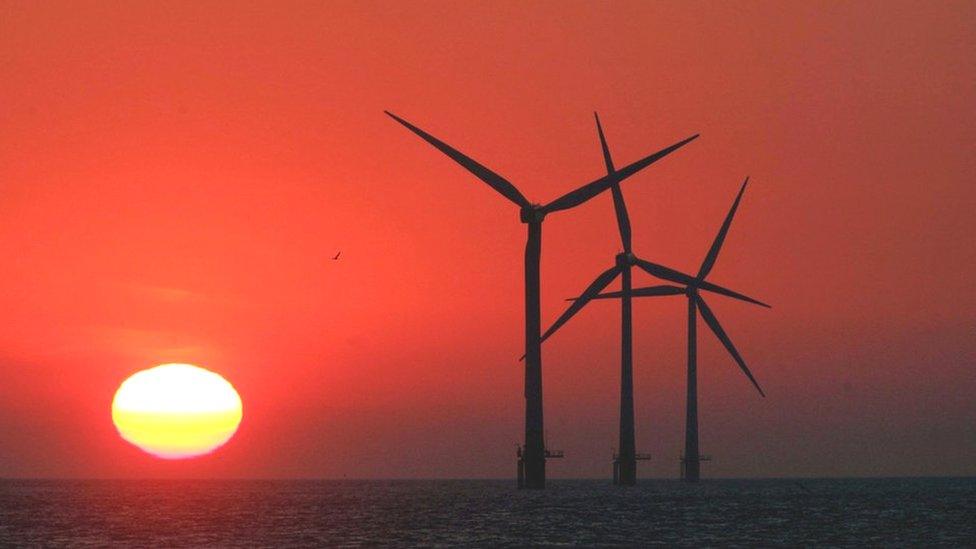
A new offshore wind farm is among the renewable energy projects proposed
The green plan include:
Electrification of all mainline rail lines, the south Wales Valley Lines and North Wales Coast railway
A south east Wales "super metro" transport system, metro for Swansea Bay and the western valleys and for north east Wales
Re-opening rail services in the Amman, Tawe, Neath, and Dulais valleys
Building tidal lagoons in Swansea Bay, Cardiff and Colwyn Bay, an offshore wind farm off Anglesey and a barrage on the River Usk
Building 20,000 green social houses and a £5bn home energy efficiency programme
To pay for the plan, Plaid Cymru is calling for the UK government to devote an extra 1% of GDP, a measure of the size of the economy, to green investment over 10 years, which the party says would give Wales a share worth £15bn.
The party also says the Treasury should raise Wales' borrowing limit from £1bn to £5bn, to reach the £20bn total for green schemes.
Since becoming Plaid Cymru leader a year ago, Mr Price has made achieving the goal of Welsh independence central to his message, predicting a referendum on the issue by 2030.
During his speech, he said his party would bring about "a Wales and a world that's cleaner and safer and fairer and better".
"They say that our dream of an independent Wales is improbable, that our poverty is inevitable, well, this is the moment when the improbable beats what Westminster says is inevitable," he said.
"This is the moment when we start to believe that our future won't be written for us in the corridors of Westminster, or the streets of Whitehall but by us in the valleys and villages of a nation remade."
What are Plaid Cymru's other key policies?
Another Brexit referendum to give the public a final say - the party backs remaining in the EU
Give Wales control of migration policy so it can plug staff shortages in key sectors
Free social care at the point of need as part of a new National Health and Social Care service, plus an extra 1,000 doctors, 5,000 nurses and 100 NHS dentists
Universal free childcare for 40 hours a week and a £35 a week payment for every child in low income households
Set up a Welsh justice system with powers over policing and the recruitment of 1,600 more police officers
Drug law reform to be examined by a national commission, with a view that the current hard-line approach isn't working
Devolution of corporation tax, air passenger duty and VAT
Decisions to go to war should require the support of all four nations of the UK

Analysis by BBC Wales political editor Felicity Evans
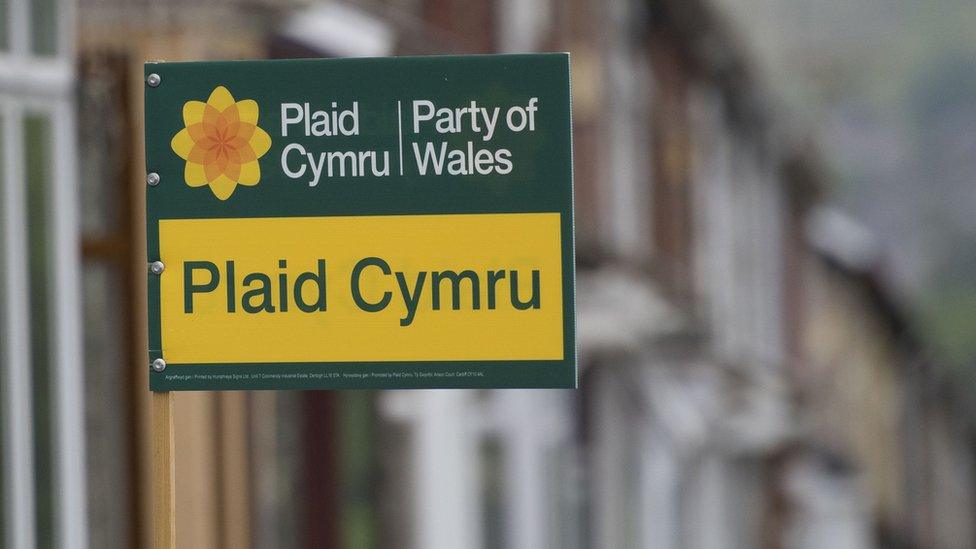
The tricky challenge for Plaid Cymru in this general election is how to position themselves against Labour as a party of the left that's got a more attractive offering to voters.
With UK Labour publishing the most radical manifesto in a generation - put to one side questions about its deliverability for a moment - there's no way Plaid could credibly outbid it in terms of spending promises.
Especially since they can't form a government on December 13th - in fact many of the promises in their manifesto rely on them winning the Welsh Assembly election in 2021.
So the tactic is to juxtapose UK Labour with Welsh Labour who've been in government in the assembly for 20 years - in other words, while Jeremy Corbyn can argue he's the agent of change in Westminster, Adam Price argues he's the one who's offering change in Wales, where Labour has dominated the political landscape for a century.
What makes this election even more tricky is that while Plaid are trying to gain extra seats like Ynys Mon, two of the four seats they're defending have tiny majorities.
The stakes are high for Plaid's leader, but the margins are very fine indeed.

What do other parties want?
A number of other parties have already launched their manifestos:
Labour promised "real change" with their "radical" plans, including nationalisation projects, green jobs and more council homes
The Lib Dems have promised a "brighter future" by stopping Brexit, as well as extra funding for the NHS and free childcare
The Green Party has proposed to spend £100bn a year to cut emissions, along with a basic income for all and banning single use plastic


What are the parties promising you?
Here's a concise guide to where the parties stand on key issues like Brexit, education and the NHS.


Use the form below to send us your questions and we could be in touch.
In some cases your question will be published, displaying your name, age and location as you provide it, unless you state otherwise. Your contact details will never be published. Please ensure you have read the terms and conditions.
If you are reading this page on the BBC News app, you will need to visit the mobile version of the BBC website to submit your question on this topic.
- Published22 November 2019
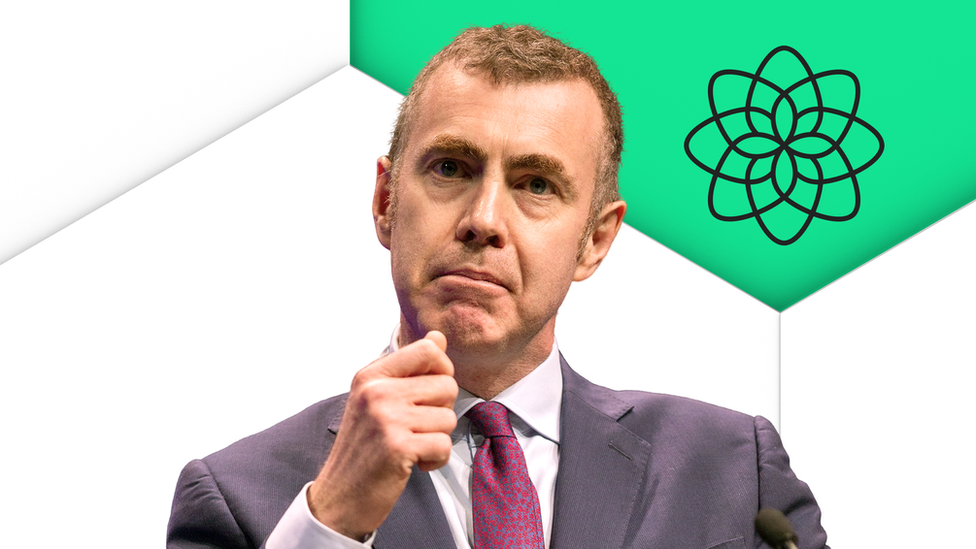
- Published19 November 2019
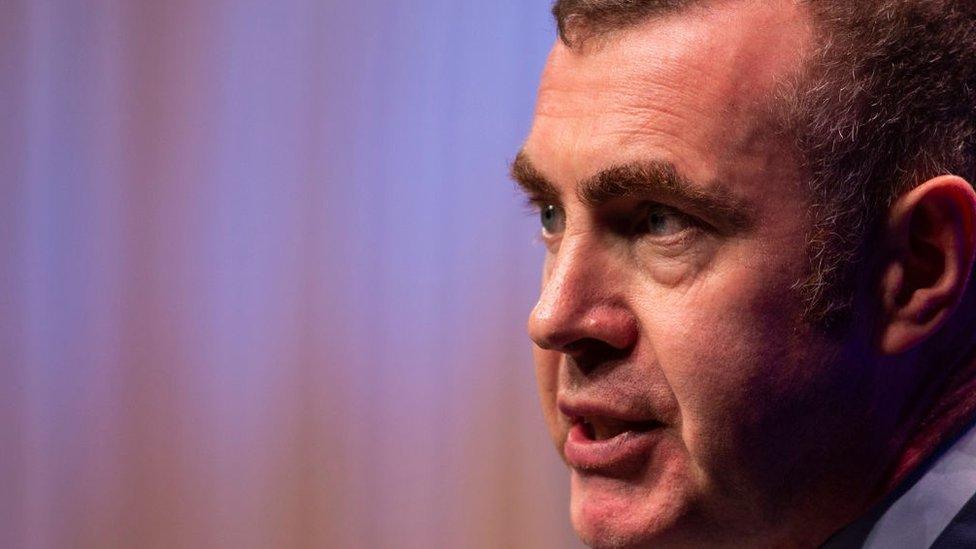
- Published26 March 2021
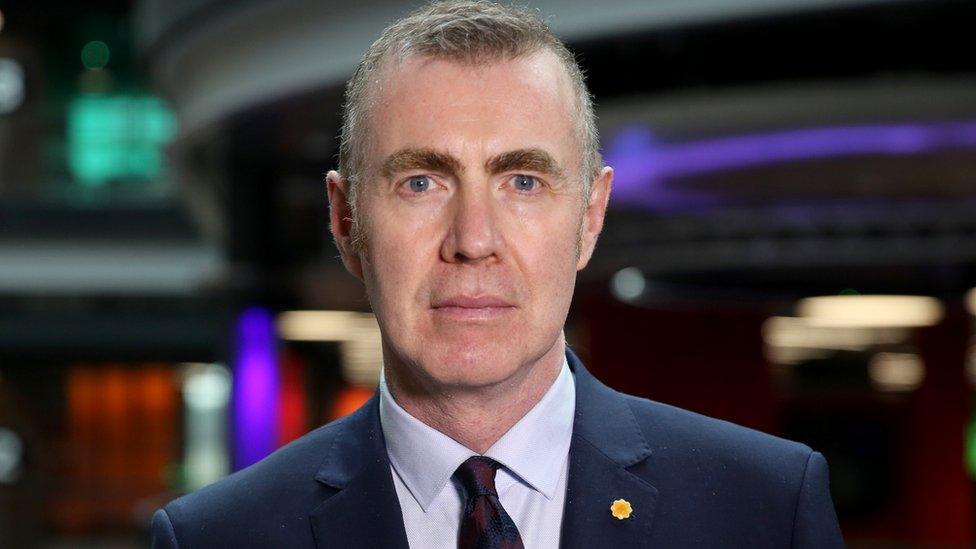
- Published14 November 2019
